Even as the COVID-19 pandemic continued to disrupt lives and health systems, throughout 2021 Vital Strategies continued to grow and adapt. Throughout the year, our Vital Stories blog featured leading health experts, key health issues and updates on Vital Strategies projects and research, offering a behind-the-scenes look into our work to improve public health systems worldwide.
As 2022 begins, catch up on 10 of our Vital Stories, featuring people who inspire change and overcome challenges as they address today’s most pressing public health issues. Stay tuned for new stories from Vital Strategies’ projects and initiatives!
1. Engaging Women in Vietnam to Champion Smoke-Free Places: Q&A with Madame Tran Thi Huong

In a special Q&A series, we highlighted women tobacco control leaders making a difference. First up was Madame Tran Thi Huong, Vice Chairwoman of the Vietnam Women’s Union. Since 2015, Vital Strategies has been working with the Vietnam Women’s Union to help protect women and children throughout Vietnam from secondhand smoke exposure. Madame Huong discussed her organization’s work to engage women in creating smoke-free spaces.
In partnership with Vital Strategies, the Vietnam Women’s Union developed a campaign that featured the story of Ms. Nguyen Thi Huong, a 41-year-old nonsmoking teacher who developed lung cancer as a result of exposure to secondhand smoke. The campaign was a part of “Women Create Smoke-Free Homes,” a national initiative to urge women across Vietnam to encourage smokers to respect a voluntary smoking ban in the home and to support smoke-free public places, in accordance with Vietnam’s national smoke-free law. The tag line for the campaign emphasized the need to “protect yourself and your loved ones from secondhand smoke exposure.” Continue reading.
2. New Research Underscores That Childhood Stunting From Air Pollution is a Global Health Threat

The relationship between air pollution and child stunting—when a child is too short for his or her age—has been largely overlooked, but new research from Vital Strategies’ environmental health team brings critical attention to the link.
The study builds on previous associations between air pollution and stunting with updated evidence on the extent of the issue in low- and middle-income countries, which have both higher levels of air pollution exposure and higher levels of stunting. The analysis found significant associations between children small for their age and an increase in exposure to air pollutants over the entire pregnancy. The results also showed that a 19% increased risk of postnatal stunting was associated with postnatal exposure to household air pollution from using solid fuels like wood and coal.
This is especially dangerous for women and children living in low- and-middle income countries who are disproportionately affected by indoor air pollution, often a result of their proximity to solid fuels in cooking and heating.
Vivian Pun, lead author of the research, explained the benefits of improving air quality worldwide: “Global progress on air pollution would have an immediate effect on women and children, leading them to live healthier lives.”
3. Delivering Together: Why Using Birth Companions Leads to Better Birthing Experiences and Maternal Health Outcomes in Tanzania

For many women in Tanzania, giving birth can be a solitary affair. The shortage of providers at health facilities often means that women are left alone throughout much of their labor—and some may even deliver alone. Yet evidence shows a trusted companion throughout labor and delivery can lead to better health outcomes for mothers and infants. In Tanzania, the Thamini Uhai and Vital Strategies team collaborated with government health officials to introduce birth companions in health facilities in the Kigoma region in western Tanzania.
In this Q&A with Dr. Sunday Dominico, Director of Programs at Thamini Uhai, he notes that almost all the women interviewed who participated in the pilot were very satisfied with having a companion during labor, delivery and postpartum. There was also a 2% increase in the number of deliveries at intervention sites, compared to a 6% decrease at comparison sites where there were no birth companions. After the success of the pilot, the government of Tanzania has incorporated birth companionship into national guidelines.
4. “Right to Know”: A Campaign for Warning Labels on Unhealthy Food That Sparked Record Civic Participation

In Brazil, one in five adults is obese, but new legislation mandating front-of-package warning labels on food packages may help to counter the trend. Clear front-of-package warning labels can help consumers identify unhealthy products high in salt, fat and sugar so they can make informed choices. The new guidelines are set to be implemented in October 2022, after six long years of advocacy from civil society.
To promote the value of front-of-package warning labels, Vital Strategies and the Brazilian Institute for Consumer Protection (Idec) released a case study on the communication and advocacy campaign that led to one of the most successful public consultations in Brazil. The public consultation—a forum where the public can provide feedback and recommendations on laws and policies—was a critical component of incorporating public voices into determining the most effective food labeling model.
5. Everybody’s House: How a Homeless Shelter in Lima, Peru, Is Reconnecting Families During the Pandemic
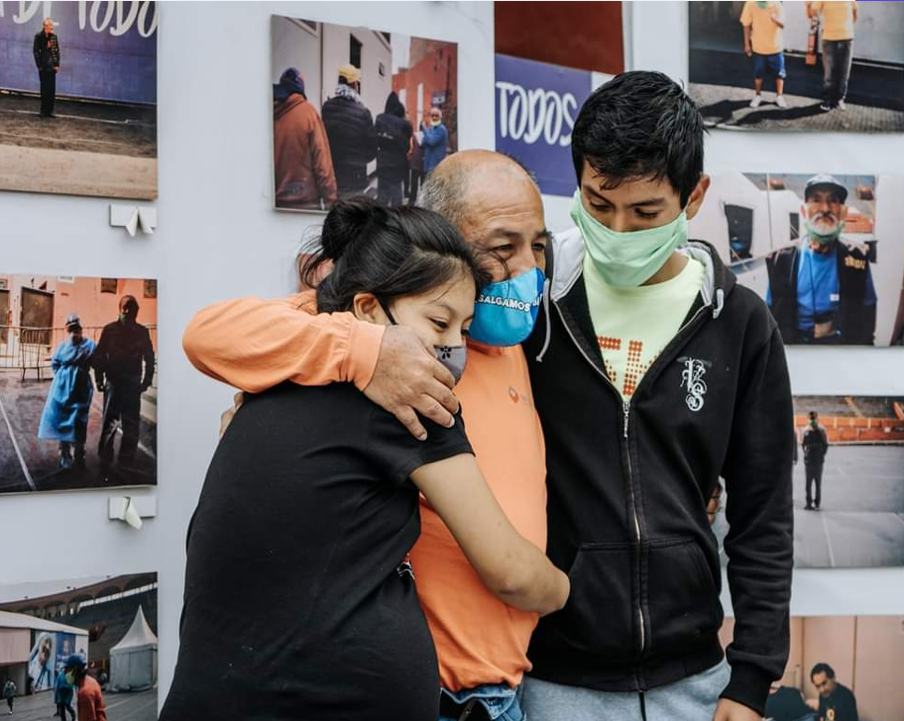
In June 2021, Peru reported one of the highest COVID-19 death rates in the world. The most affected people? Unhoused older adults in Lima were at particular risk of exposure to COVID-19.
Many unhoused men, including José Luis Barreto and Juan Carlos Alfaro García, found themselves at Casa de Todos, or “Everybody’s House,” an emergency shelter set up in 2020 by Beneficencia de Lima in collaboration with the municipality of Lima and supported by the Partnership for Healthy Cities and Resolve to Save Lives, an initiative of Vital Strategies.
With the help of Casa de Todos, many residents have since found a bed, food, counseling, personal care amenities, treatment for chronic conditions like hypertension and diabetes and have been able to obtain identity documents that now provide them with national health insurance. Several residents, including José Luis Barreto, have even reunited with their families and moved in with them. Casa de Todos is now a permanent shelter; remaining residents will have long-term housing and support—even when the pandemic is over.
6. In The Gambia, Counting Everyone Starts in The Community
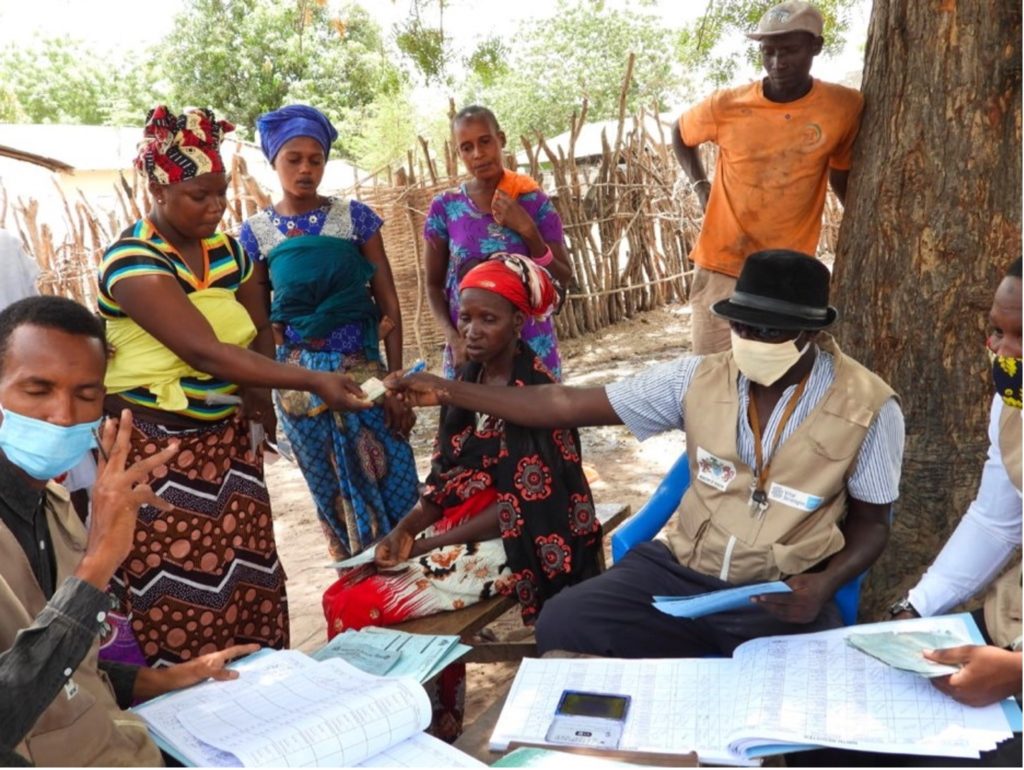
In The Gambia, services such as birth and death registration, routine immunization and access to medical staff were interrupted as the country went into a nationwide state of emergency due to COVID-19. Rates of birth and death registration in particular saw a sharp decline.
The Gambian Ministry of Health, supported by the Vital Strategies Global Grants Program, part of the Bloomberg Philanthropies Data for Health Initiative, addressed the issue by building a community-based surveillance system in the Lower River Region—an area with a population especially at risk for the spread of COVID-19 due to its proximity to the trans-Gambia highway.Page BreakSince February 2020, community members and volunteers have gone door to door looking for births or deaths that may have occurred in households, as well as signs of disease. So far, the volunteers have visited more than 5,000 households from which 92 incidences of disease were identified, and have registered 3,218 births, an increase of 186% for registering children under 1 year old and an increase of 141% for children aged 1 to 5, from 2020 to 2021.
After the success of the Lower River Region surveillance system, the Gambian Ministry of Health and the Red Cross are working to integrate the role of community volunteers nationwide.
7. 50 Years of the War on Drugs: Vital Experts Explain Stigma, Racial Justice, and the Need for a Public Health Approach to Ending Overdose
June 2021 marked the 50th anniversary of President Richard Nixon declaring a “war on drugs” in the United States. The anniversary came as more than 90,000 people lost their lives to overdose in 2020, inflicting enormous harms on people and communities, and especially on communities of color.
Black people and people of color are disproportionately affected by the repercussions of the war on drugs, a racist system of criminalization amplified by the Reagan, Bush and Clinton administrations. They face harsher sentences, increased rates of imprisonment, and greater chances of dying at the hands of law enforcement when stopped for a drug offense.
In this Vital Stories blog, four experts from the Overdose Prevention Program shared their perspectives and thoughts on the past 50 years of the drug war and the future they hope to help build through their work at Vital Strategies.
8. City Leaders Champion Reduced Speeds for Livable Cities
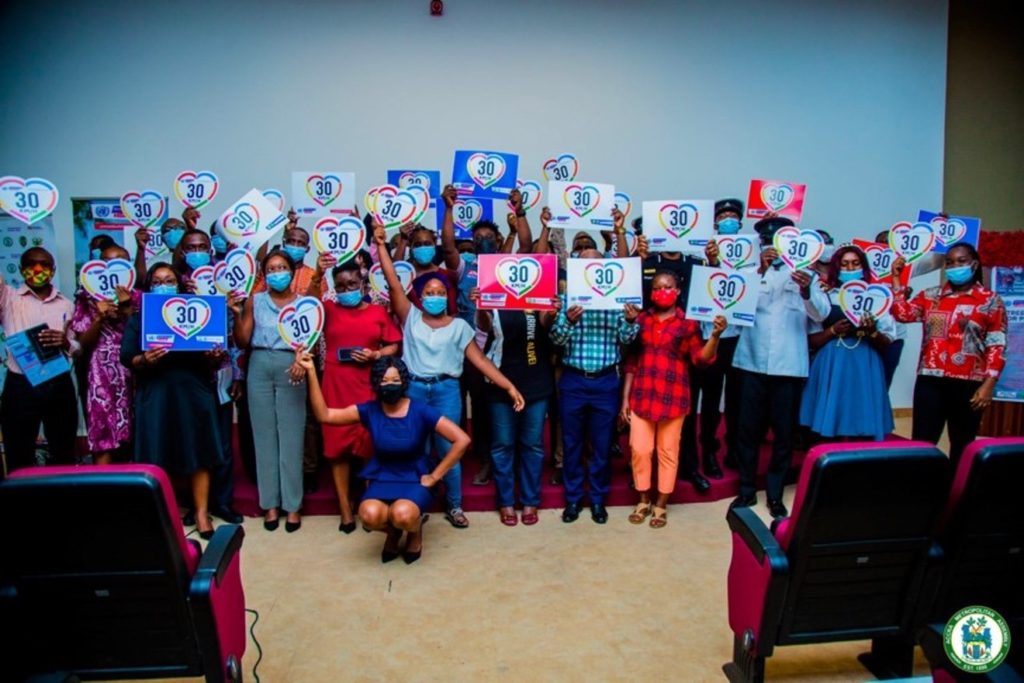
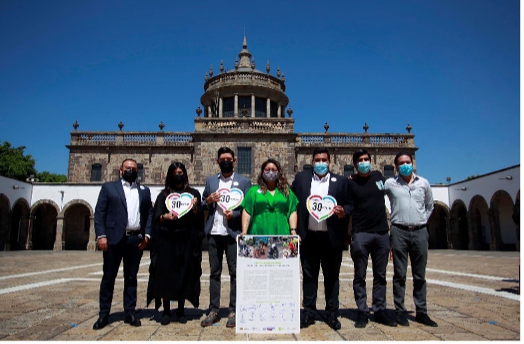
2021’s UN Global Road Safety Week called on leaders to establish and enforce 30km/h (20 mph) speed limits in areas where people live, walk and play. Under the theme “Streets for Life,” the Bloomberg Philanthropies Initiative for Global Road Safety, Partnership for Healthy Cities, and Vital Strategies supported and amplified the work of governments and partners through a variety of events and activities throughout the week.
Vital Stories showcased how leaders across the world marked UN Global Road Safety Week, pushed for change, and committed to safe streets for all. Activities across the cities included: panel discussions on road safety; campaigns urging people to obey speed limits; lighting up iconic monuments to welcome a new road safety plan; promoting community outreach and education; and journalist training on road safety.
9. Reimagining Public Health Together: Vital’s Community Responds
This year Vital Strategies announced a new tag line and campaign, #ReimaginePublicHealth, to showcase the importance and relevance of public health in our everyday lives and the need to restore trust in the institutions and people working to make our communities healthier.
For too long, public health has been taken for granted—and often neglected, underfunded and undervalued. The #ReimaginePublicHealth campaign seeks to change that. Several activities kicked off the campaign starting Oct. 25, 2021, including an interactive quiz, Reimagine Public Health video and social graphics, a panel discussion with leading health experts, and messages from people around the world who answer the question, “What is Public Health?”
Vital Strategies’ community, our partners and health leaders shared moving personal stories and examples of the role public health plays in their daily lives, from vaccinations to clean air. More stories will continue to be posted on Vital Strategies’ Instagram, Facebook, Twitter and LinkedIn throughout 2022.
10. Vital Strategies 2021: A Year in Photos
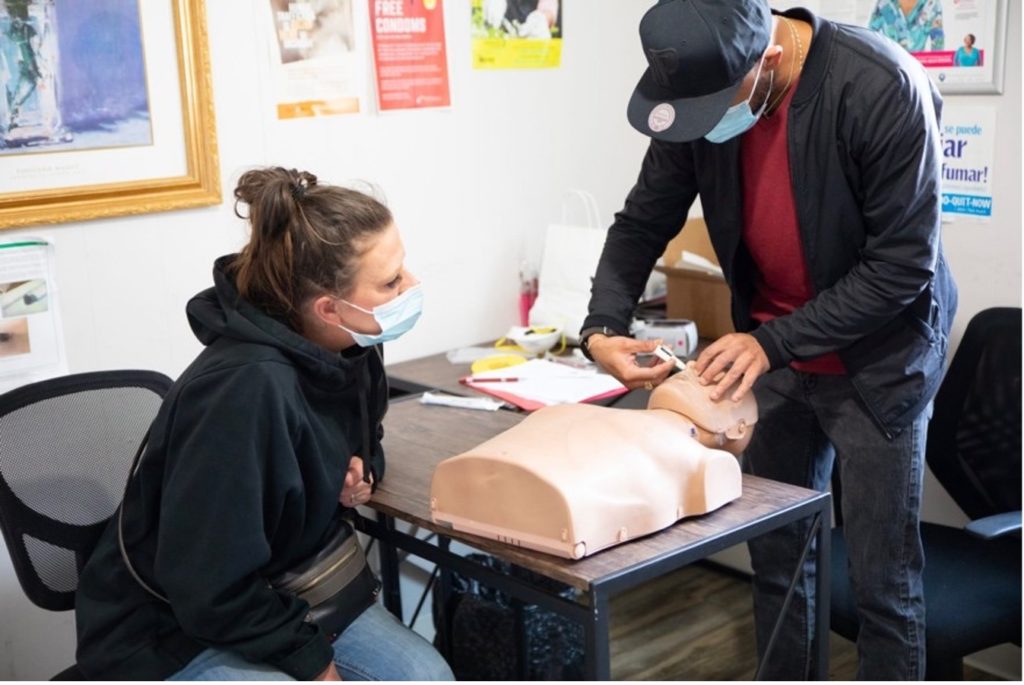
In 2021, Vital Strategies continued to collaborate with partners around the world to improve public health locally and globally, tackling our longstanding priorities to address noncommunicable diseases, overdose, road safety and more, amid the challenges posed by COVID-19. In the last blog of 2021, we looked back at photos highlighting work from across our programs.
Check out more Vital Stories here and follow us on Twitter at @VitalStrat
Get Our Latest Public Health News
Join our email list and be the first to know about our public health news, publications and interviews with experts.
About Vital Strategies
Vital Strategies is a global health organization that believes every person should be protected by a strong public health system. We work with governments and civil society in 73 countries to design and implement evidence-based strategies that tackle their most pressing public health problems. Our goal is to see governments adopt promising interventions at scale as rapidly as possible. To find out more, please visit vstrategystage.wpengine.com or Twitter @VitalStrat.